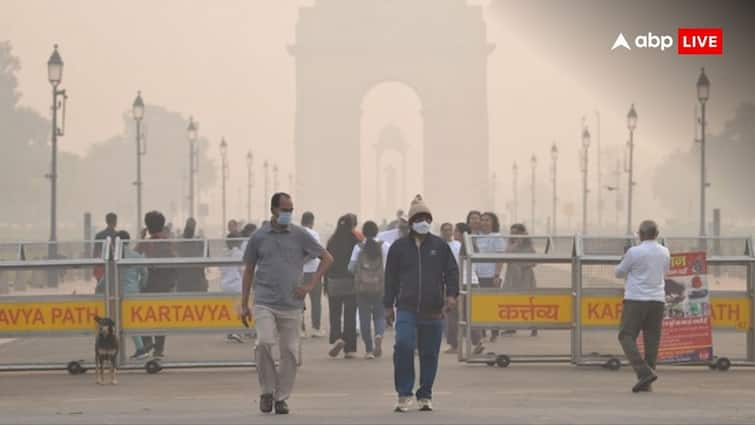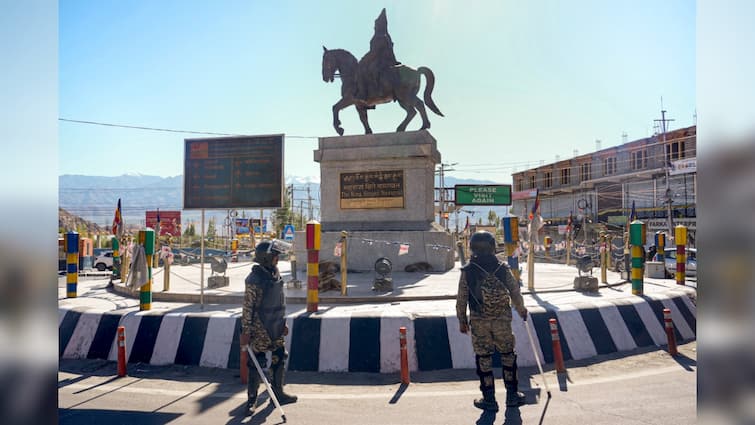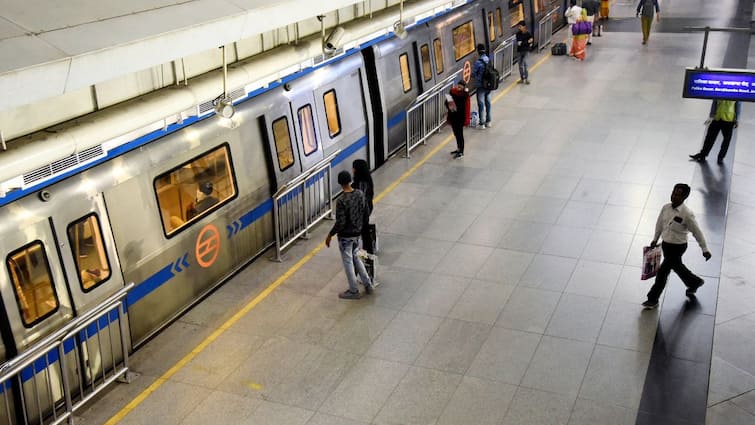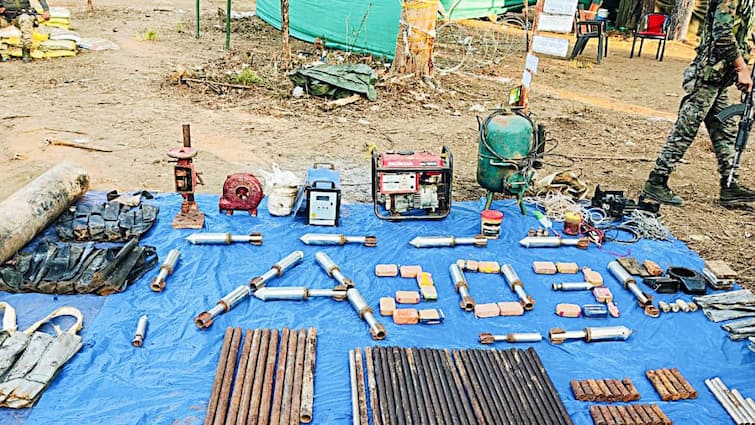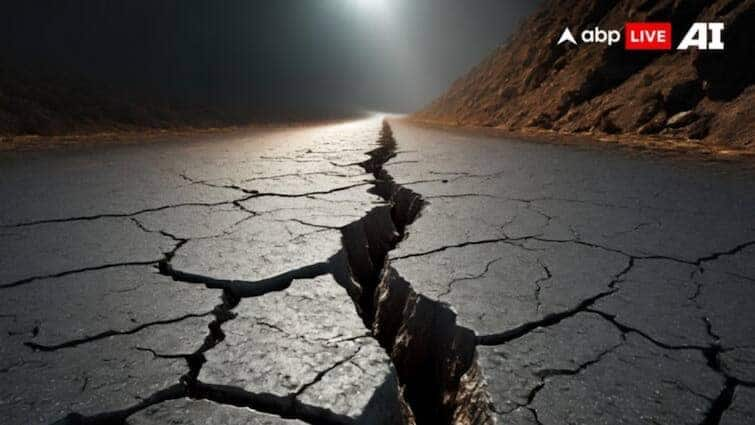
Earthquake In Assam: An earthquake struck Assam’s Morigaon early on Thursday, causing panic among residents, who rushed out of their homes and buildings in fear. Tremors were felt across the state and neighbouring regions. Further details on the magnitude, epicentre, and damage are yet to be confirmed. Authorities are monitoring the situation, and further updates are awaited.
Earlier an earthquake jolted people in Delhi from their sleep. A shallow earthquake shook Delhi-NCR on February 17 around 5:35 AM. The epicentre of the earthquake was estimated to be around 14 km from New Delhi and its intensity was 4.0 on the Richter Scale. The tremors were felt in Noida, Gurgaon, and Ghaziabad.
The same day another earthquake hit Bihar’s Siwan three hours later. Five days later, on February 23, an earthquake hit Himachal’s Mandi district.
Earthquake Zones In India
India is divided into different seismic zones based on the frequency and potential damage caused by earthquakes. These zones help determine the appropriate seismic coefficients for building designs. The classification is based on geological studies, tectonic activity, and historical earthquake occurrences, with periodic updates as new data becomes available.
In this classification, regions experiencing intensity levels below V are categorized as Zone 0. Delhi falls under Zone IV, which signifies a high seismic risk. Earthquakes in this zone typically range from magnitudes of 5-6, with occasional tremors reaching 6-7, and in rare instances, 7-8. This places Delhi among the areas with considerable earthquake vulnerability.
Earthquakes In India’s History
Since 1720, Delhi and its surrounding regions have experienced at least five significant earthquakes with magnitudes ranging from 5.5 to 6.7 on the Richter scale. Two major geological faults— the Delhi-Hardwar Ridge and the Delhi-Moradabad Fault—run through the region. Both have the potential to generate earthquakes of up to MSK VIII intensity. The estimated depth of such earthquakes is around 30 kilometres.
Given Delhi’s seismic risk, it is crucial to incorporate earthquake-resistant measures into infrastructure planning. A comprehensive strategy focusing on both prevention and preparedness can help mitigate potential damage and enhance the city’s resilience against future seismic events.
Doonited Affiliated: Syndicate News Hunt
This report has been published as part of an auto-generated syndicated wire feed. Except for the headline, the content has not been modified or edited by Doonited












